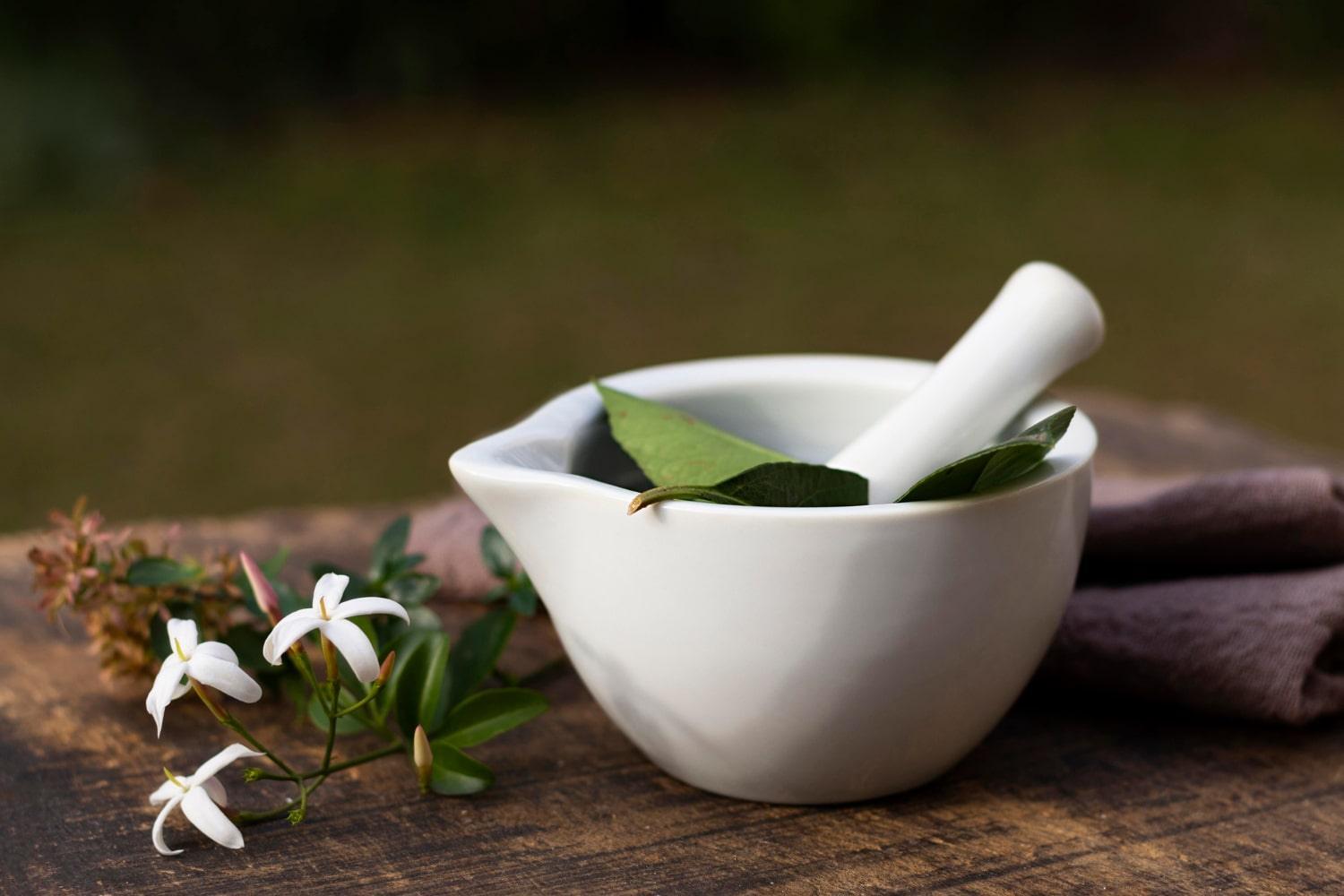Herpes Simplex Virus type 1 (HSV-1) affects millions worldwide. If you’re among those who have felt its sting—literally—you’re not alone. HSV-1 is often associated with cold sores, but it can wreak havoc on your confidence and emotional well-being. Fortunately, there are natural remedies to tame HSV-1 effectively that can help you regain control.
Understanding HSV-1 is crucial. This virus can be a source of discomfort, embarrassment, and anxiety. You might be wondering: Is there a way to manage it naturally? Yes, there is. Below, we’ll explore seven remedies that might just change your life.
Contents
- What is HSV-1?
- Why Turn to Natural Remedies?
- 1. Lysine: The Amino Acid Powerhouse
- 2. Honey: Nature’s Soothing Agent
- 3. Aloe Vera: Your Skin’s Best Friend
- 4. Essential Oils: Nature’s Aromatic Healers
- 5. Garlic: A Natural Antiviral
- 6. Vitamin C: The Immune Booster
- 7. Stress Management: The Unsung Hero
- Final Thoughts
- Bottom Line
- FAQs
What is HSV-1?
HSV-1 is a common virus, typically known for causing oral herpes, which can manifest as painful blisters around the mouth. It’s highly contagious and can be spread through close personal contact, including kissing.
While many people carry the virus, not everyone experiences symptoms. However, if you do, managing outbreaks can feel daunting. This is where natural remedies come in. They offer a holistic approach to healing, promoting not just your physical health but also your mental well-being.
Why Turn to Natural Remedies?
You might be skeptical about natural remedies. After all, aren’t pharmaceutical solutions more effective? While conventional treatments can be helpful, they often come with side effects and may not address the underlying issue. Natural remedies can offer a gentle, side-effect-free way to bolster your immune system and soothe flare-ups.
Let’s dive into seven natural remedies that can help you tame HSV-1 effectively.
1. Lysine: The Amino Acid Powerhouse
Lysine is an essential amino acid that plays a critical role in managing HSV-1. Research suggests that taking lysine can help reduce the frequency and severity of outbreaks.
- How to Use: Consider taking lysine supplements or incorporating lysine-rich foods like dairy products, fish, and legumes into your diet.
- Dosage: Talk to your healthcare provider about the right dosage for you, but many people find success with 1,000 mg per day during an outbreak.
2. Honey: Nature’s Soothing Agent
Honey isn’t just a sweetener; it’s also been revered for its medicinal properties. Studies show that honey can help heal wounds and has antiviral properties.
- How to Use: Apply a thin layer of raw honey directly to the affected area. Allow it to sit for about 30 minutes before rinsing off.
- Benefits: Not only does honey soothe irritation, but it also promotes faster healing.
3. Aloe Vera: Your Skin’s Best Friend
Aloe vera is known for its soothing properties, making it a go-to for sunburns and skin irritations. Its antiviral properties can also help combat HSV-1.
- How to Use: Apply fresh aloe vera gel directly to the sores. You can cut a leaf and scoop out the gel for immediate use.
- Benefits: Aloe not only helps to heal but also hydrates the skin, providing relief from dryness and discomfort.
4. Essential Oils: Nature’s Aromatic Healers
Certain essential oils have antiviral properties that can aid in managing HSV-1. Notably, tea tree oil and lavender oil have shown promise.
- How to Use: Dilute essential oils with a carrier oil like coconut oil before applying them to the affected area.
- Precaution: Always do a patch test first to ensure you don’t have an allergic reaction.
Garlic is more than just a flavor enhancer; it’s a potent antiviral agent. Its active compound, allicin, can inhibit the replication of the virus.
- How to Use: Incorporate raw garlic into your meals or take garlic supplements.
- Benefits: Garlic boosts your immune system, making it less likely for outbreaks to occur.
6. Vitamin C: The Immune Booster
Vitamin C is well-known for its immune-boosting properties. It helps your body fight off infections, including HSV-1.
- How to Use: Increase your intake of vitamin C-rich foods like oranges, strawberries, and bell peppers. You can also consider supplements if you struggle to get enough from food.
- Benefits: A robust immune system can reduce the frequency and severity of outbreaks.
7. Stress Management: The Unsung Hero
Stress is a known trigger for HSV-1 outbreaks. Managing stress effectively can prevent flare-ups and improve your overall well-being.
- How to Use: Incorporate stress-reducing activities like yoga, meditation, or deep-breathing exercises into your daily routine.
- Benefits: Finding peace and balance in your life can not only help with HSV-1 but improve your mental health overall.
Final Thoughts
Living with HSV-1 can be overwhelming, but you have options. These natural remedies to tame HSV-1 effectively offer a gentle, holistic approach to managing your symptoms. By incorporating these into your life, you can regain control and feel empowered.
Bottom Line
Don’t let HSV-1 dictate your life. Embrace these natural remedies, consult with healthcare professionals, and listen to your body. You’re not just managing a virus; you’re nurturing yourself. Remember, it’s all about balance and taking proactive steps for your health.
FAQs
1. Can natural remedies completely cure HSV-1?
While natural remedies can help manage symptoms and reduce outbreaks, there’s currently no cure for HSV-1.
2. How long does an HSV-1 outbreak typically last?
An outbreak can last anywhere from a few days to two weeks, depending on the individual and treatment methods used.
3. Are there any side effects to using these natural remedies?
Most natural remedies are safe, but it’s essential to consult with your healthcare provider, especially if you’re pregnant, nursing, or on other medications.
You’ve got the tools; now it’s time to take action. Here’s to a healthier, happier you!








